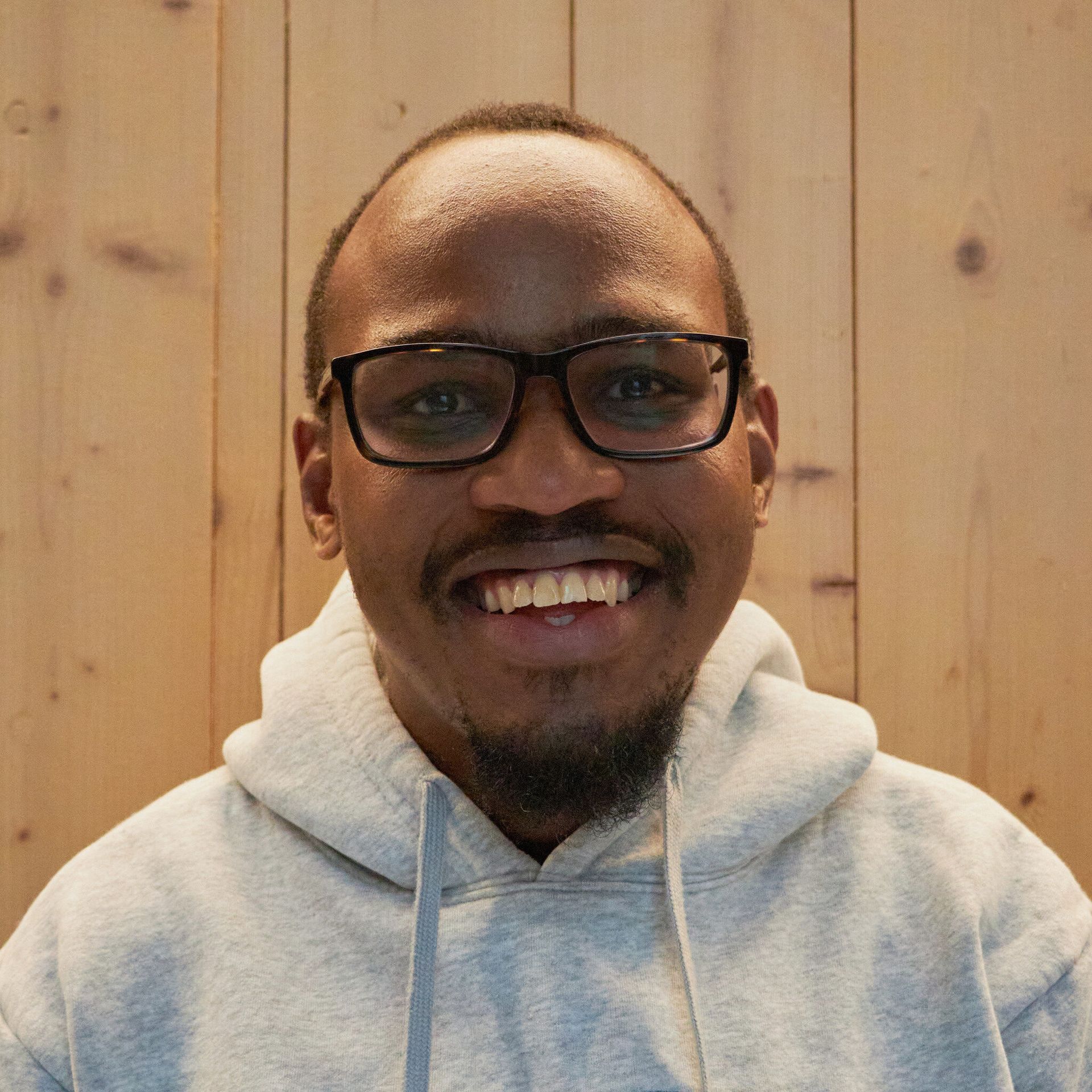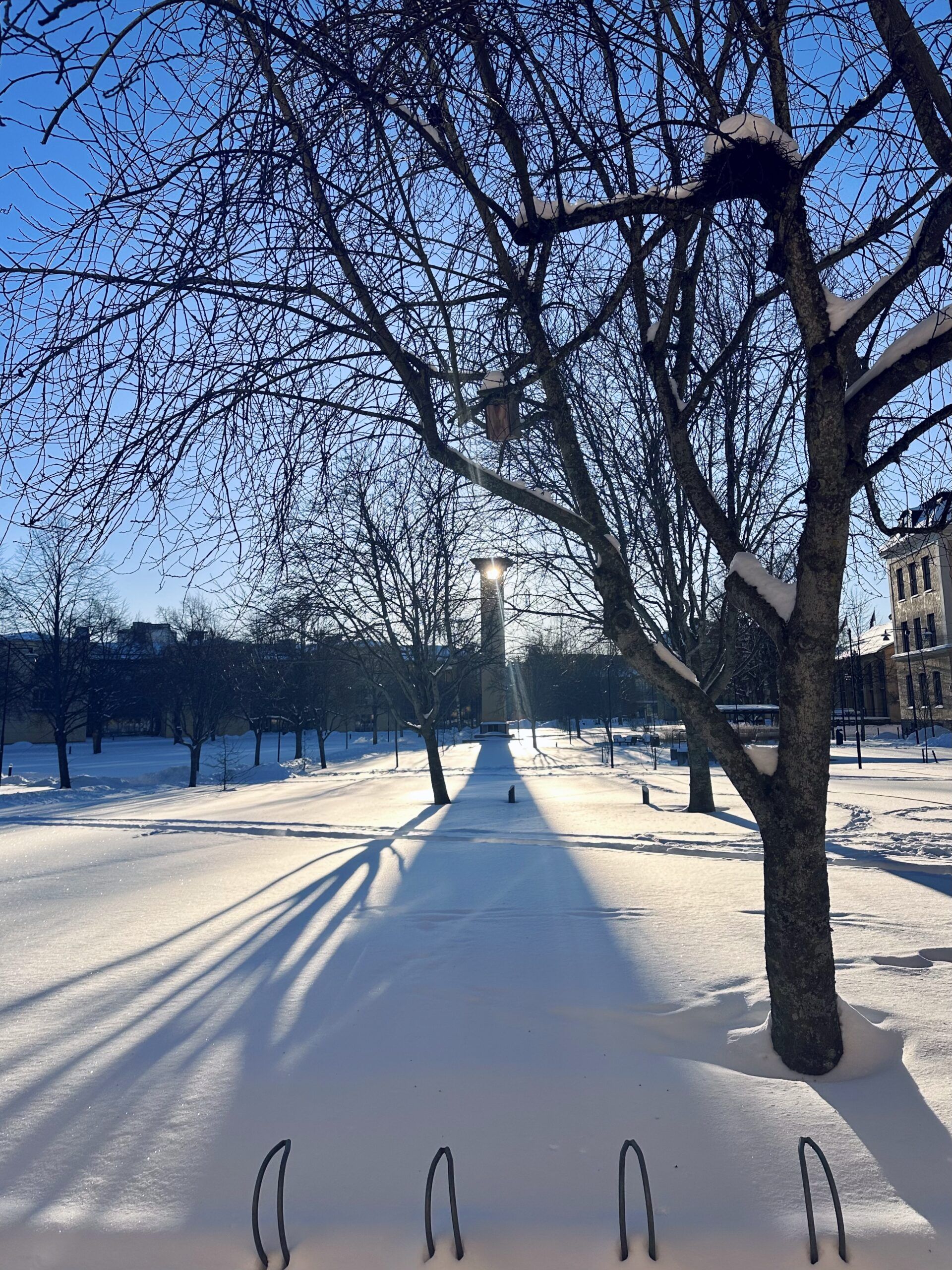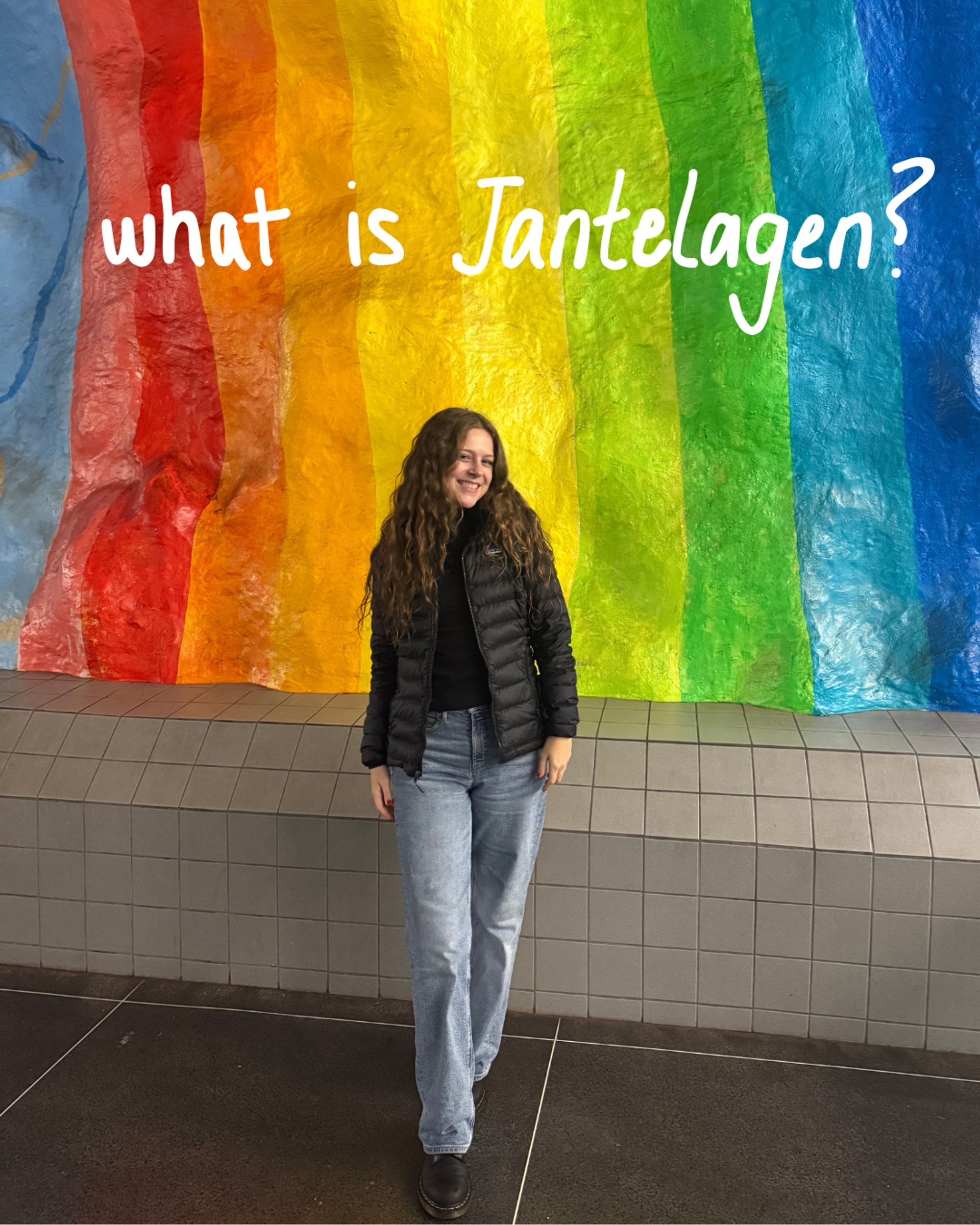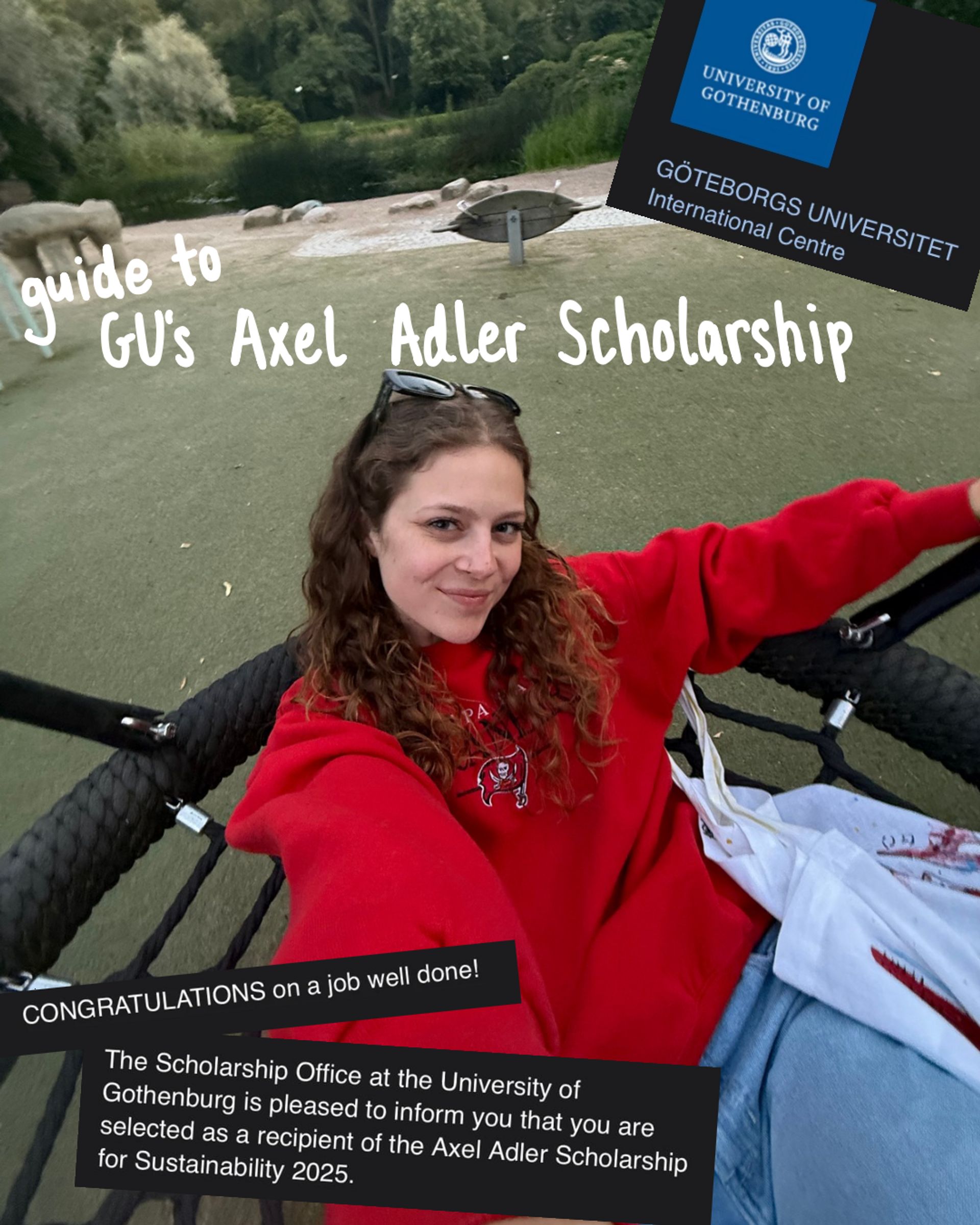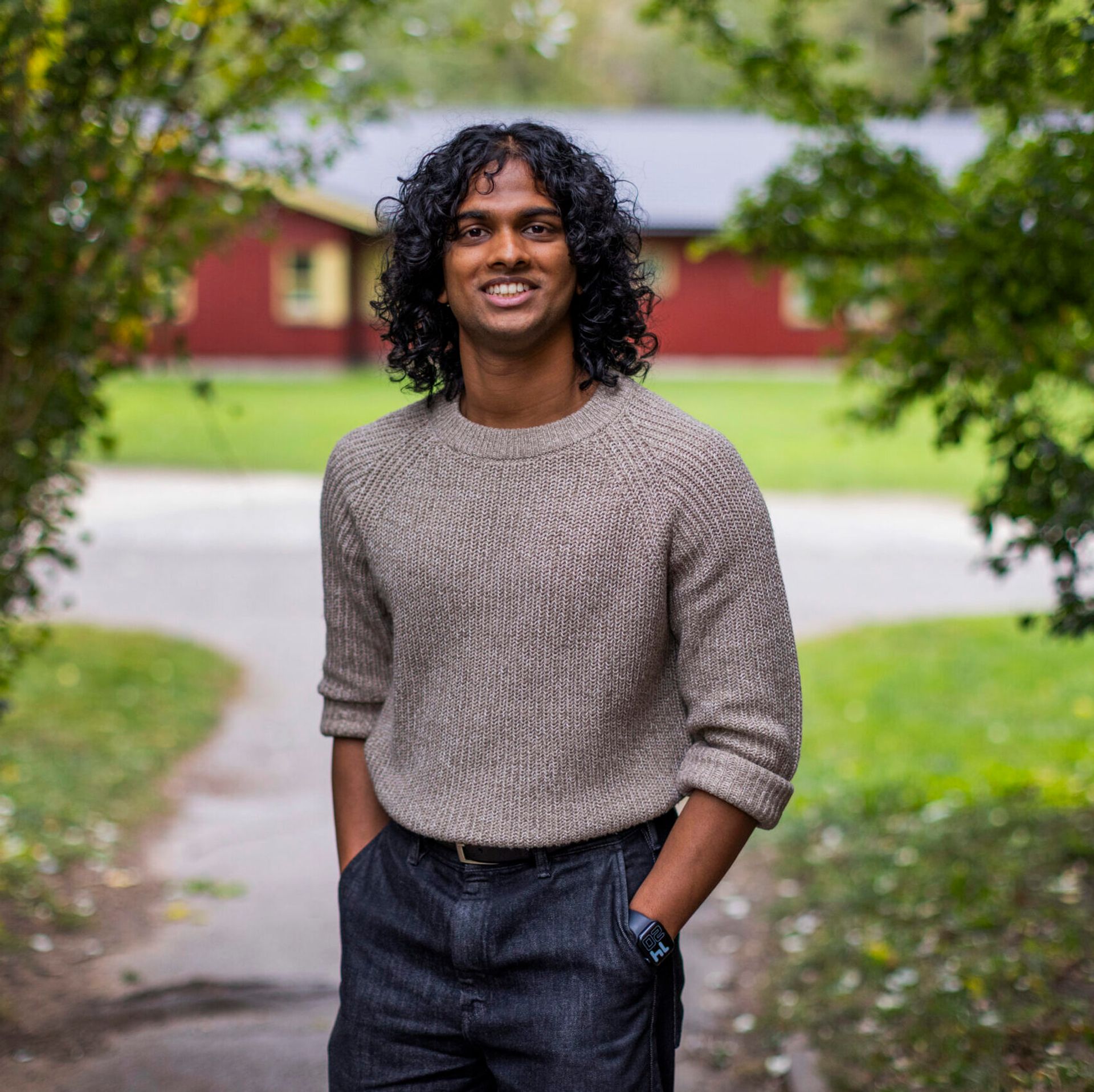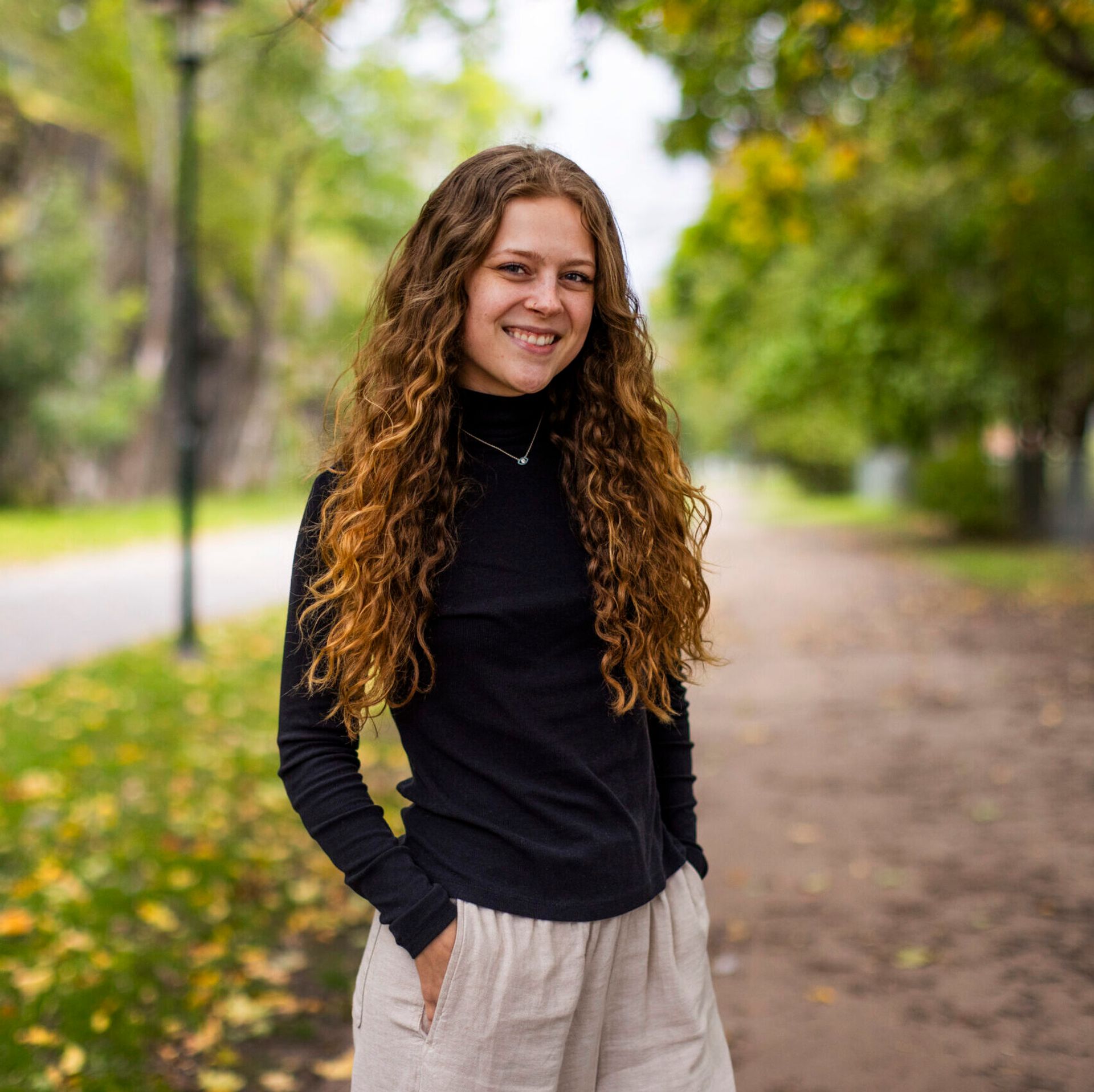
Written by Brian
08 Nov 2023
The last few weeks have been crazy. I was just reminded by the deadlines (I still work best under pressure. 😜) that I must submit and pass my end-of-course assessment. So, what does it mean to do an advanced Student assessment in Sweden? P.S. It’s slightly different from what you might be conversant with.
Work Integrated Learning: From Theory to Practice 📚➡️🛠️
One of the hallmarks of Swedish education is its Work Integrated Learning (WIL) approach. Here, it’s not just about acing theoretical knowledge; it’s about diving headfirst into practical, real-world problems. Think of it as education with its sleeves rolled up, ready to tackle the industry head-on.
In Kenya, we’re used to juggling 5-8 units over a semester, with a grand finale of exams at the end (I had to cram a few things for the exams… Maybe I shouldn’t have said that loud🤐). But in Sweden, it’s a deep dive into one course at a time, for 5-10 weeks, allowing you to savour and chew on each concept like a well-cooked piece of nyama choma (that’s barbeque for my international friends). It’s a refreshing pace that gives your thoughts room to breathe and grow.

Scientific Writing: The Art of Reflection and Review 📚
Then comes the art of scientific writing. This isn’t your run-of-the-mill term paper. It’s a blend of two approaches;
Literature Reviews: This is where you find, read and review existing research on your chosen topic or research question… Oh wait, you first have to select a research question relevant to the course and unique to your interest (This is like a treasure hunt that very few people sign up to 😀, but it gets better as you keep searching), and
Personal Reflection: Here, you get to draw your observations on what your thoughts and future recommendations are. (Now, this is the fun part. 😊)
Then, you reflect on this information and write down your insights, creating a document that’s both informative and deeply personal. The process is progressive; you build your paper piece by piece, almost like a craftsman shaping a sculpture. Finally, you share your creation in a seminar, presenting your findings and personal takeaways to an audience of peers and professors, inviting discussion and debate.

Group Projects: The Forge of Lifelong Friendships 🔨
The group project is where the magic of collaboration shines. Unlike individual assignments, this is about harnessing the collective brainpower of your peers.
Together, you tackle a complex project, each bringing unique skills and perspectives. The journey is intense; there are days of struggle and complexities you haven’t figured out even as a group (Quick piece of advice… From experience, this is where you should crack a joke or two; it has unexplainable positive effects. Ask my friends 😂) and the Eureka days.
You learn to collaborate, compromise, to lead, and to listen. And through this shared struggle, you often form bonds that last a lifetime. When it’s ready, you stand together, proud and united, to present your project at a final seminar, celebrating the fruits of your shared labour. (… and grab a beer afterwards. 🍻)

Seminars and Workshops: Interactive Learning Spaces 👥💭
Seminars and workshops are the beating heart of the interactive learning experience in Sweden.
A seminar is like an intellectual potluck; everyone brings their dish of knowledge to share. You dive deep into research on a topic and then come together to share what you’ve discovered and also from your personal experience, enriching each other’s understanding.
Workshops are different; they are special sessions where experts, both internal and external, come to share their real-world experiences (Secret; you may find your thesis interest here 😉). Tops my favourite list of assessments.
They offer a glimpse into the practical applications of your studies, and you’re evaluated on how engaged and active you are in these sessions. It’s a dynamic and vibrant space where learning feels alive.
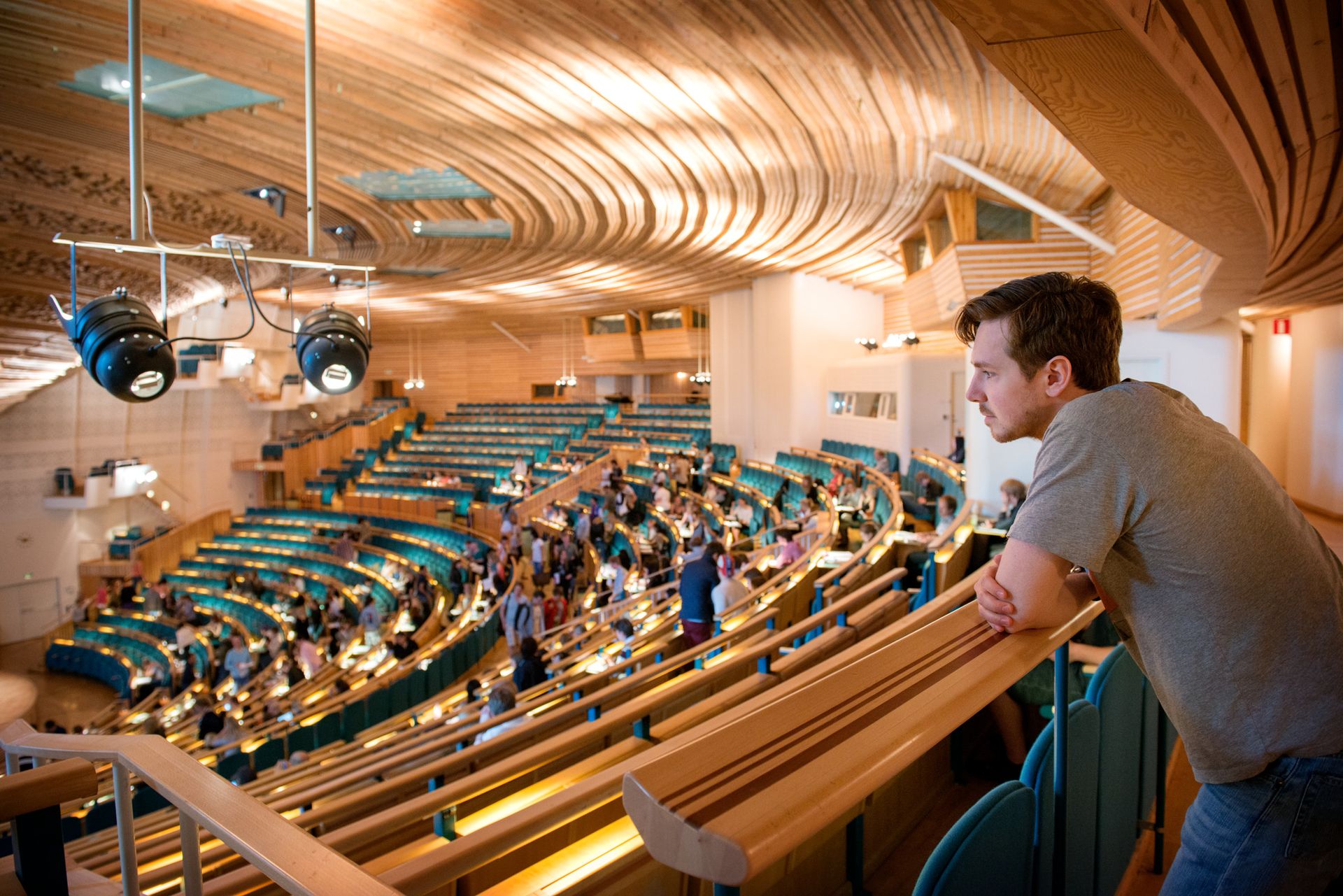
Academic Opposition: Constructive Critique 💡🗣️
The concept of academic opposition was a very new experience for me.
Imagine being paired up with a classmate, swapping papers, and then being asked to critique each other’s work. It’s not about being harsh but about being helpful and honest. You learn to give feedback that’s like gold—valuable and shaping. Then, you take that feedback, refine your work, and resubmit it, improved and polished.
It’s a process that teaches you the art of critique and the humility of accepting feedback, both crucial skills in academia and beyond.
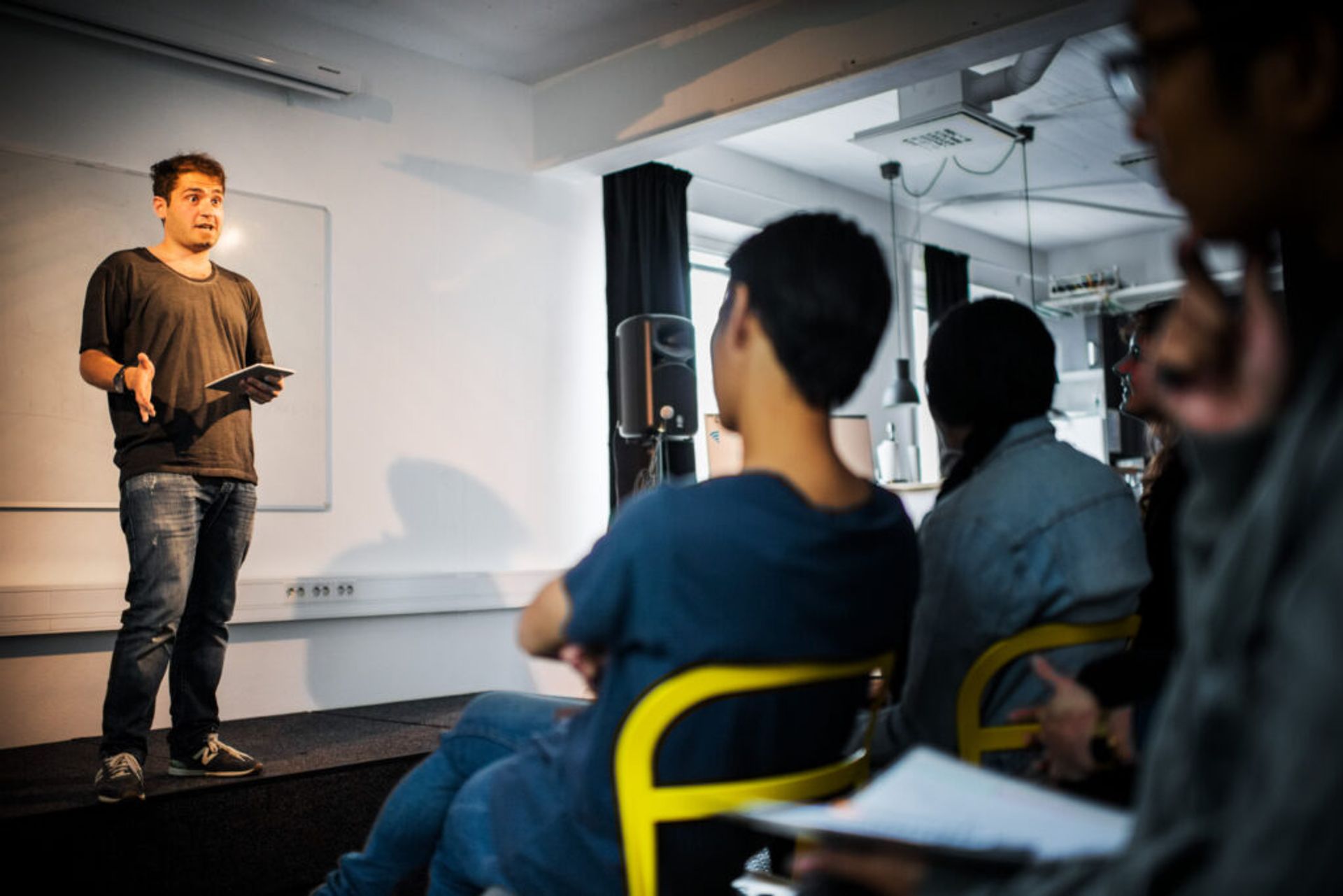
Sitting Exams: The Pending Challenge 📅✏️
I’m yet to face the traditional examination here in Sweden, but it’s on the horizon. From what I gather, it’s a test like any other, assessing what you’ve learned at the end of a course. It’s the final hurdle in the academic race, and I’m gearing up for it. (… Okay, just kidding… I hate exams 😅)

Swedish study vibe may seem relaxed at first glance, but it quickly unfolds into a rigorous and intense pursuit of knowledge. Not to scare you… It demands cooperation and open-mindedness, as there are seldom straightforward right or wrong answers at this level of study.
